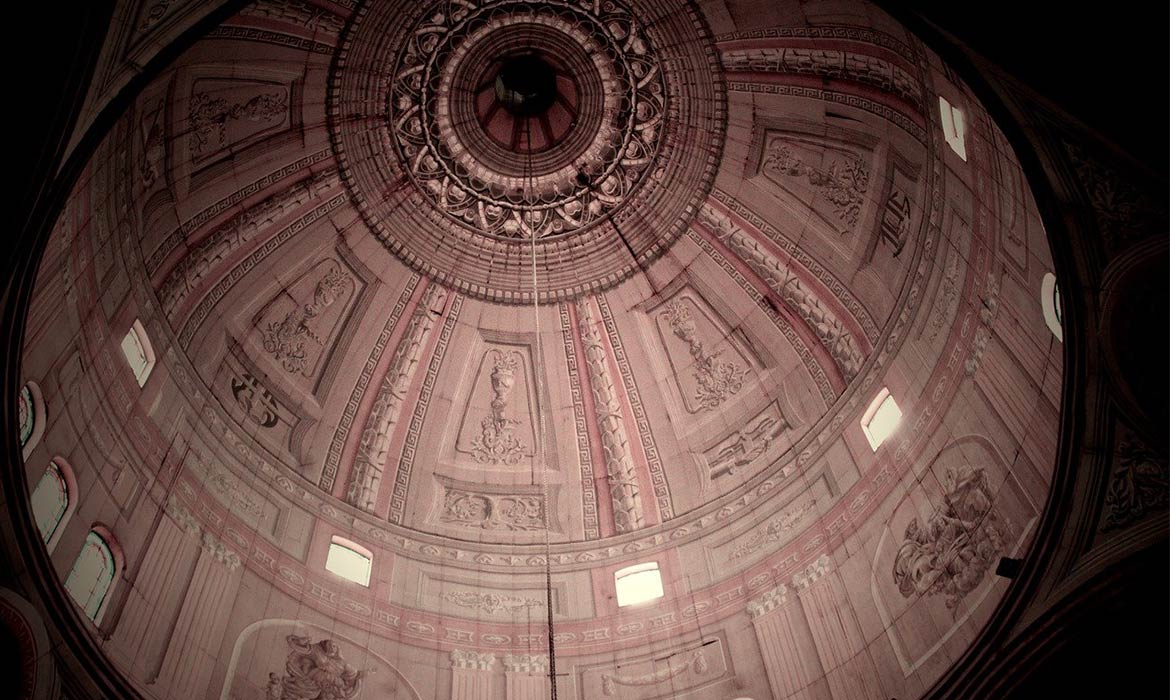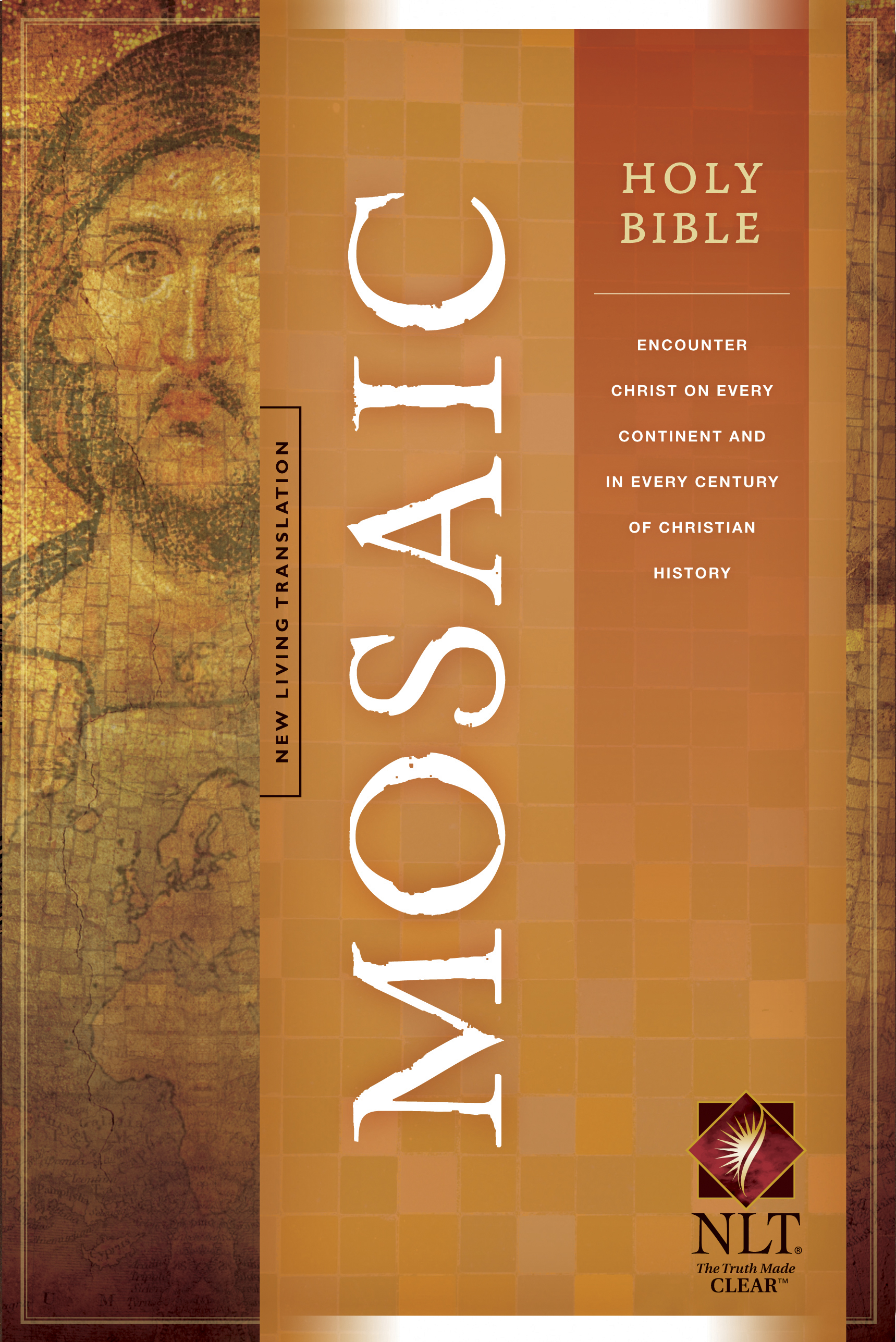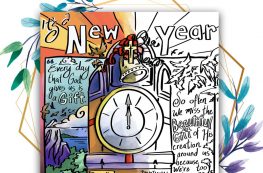This period of “giving up” has a profound way of recalling our desperate need for Jesus Christ.
Excerpted from Holy Bible: Mosaic NLT
The season of Lent walks us through the grief of Jesus’ last days before his crucifixion. As we read Jesus’ personal conversation with his disciples in the upper room, we imagine the joy of friendship coupled with the sadness of a friend’s imminent betrayal. As we enter into the darkness of Jesus’ arrest, trial, and beating, we weep with those first Christians, and in our efforts to save Jesus from ourselves, we grieve in our Peter-like betrayals.
The tradition of Lent—a forty-day sacrifice—is one way of mourning the death that sin has caused in our lives. As we see Jesus perfectly withstand Satan’s temptation in the wilderness, we admit our own shortcomings, our own inadequate sacrifices. This period of “giving up” has a profound way of recalling our desperate need for Jesus Christ.
SUGGESTED READING: Genesis 2:4–3:24
“All God’s plans have the mark of the cross on them, and all His plans have death to self in them.”
—E. M. Bounds (USA/1835–1913)
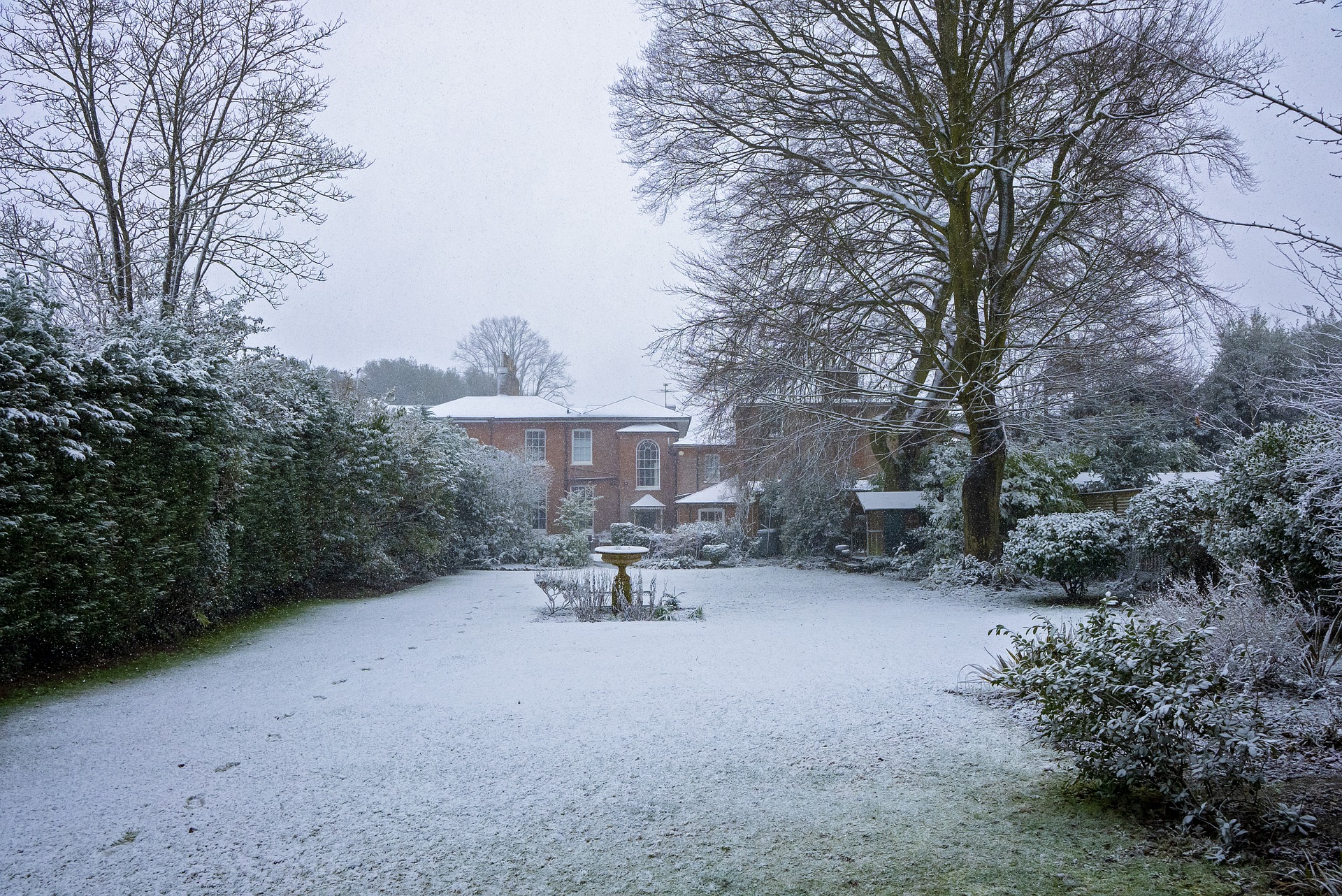
Photo credit: ddgarton (Dylan Garton)
John Charles Ryle (England)
Remember what I say: if you would cleave to earthly pleasures, these are the things which murder souls. There is no surer way to get a seared conscience and a hard impenitent heart, than to give way to the desires of the flesh and mind. It seems nothing at first, but it tells in the long run.
Consider what Peter says: “abstain from fleshly lusts, which war against the soul” (1 Peter 2:11). They destroy the soul’s peace, break down its strength, lead it into hard captivity, make it a slave.
Consider what Paul says: “Mortify therefore your members which are upon the earth” (Colossians 3:5). “And they that are Christ’s have crucified the flesh with the affections and lusts” (Galatians 5:24). “But I keep under my body, and bring it into subjection” (1 Corinthians 9:27). Once the body was a perfect mansion of the soul; now it is all corrupt and disordered, and needs constant watching. It is a burden to the soul—not a helpmeet; a hindrance—not an assistance. It may become a useful servant, but it is always a bad master.
Consider, again, the words of Paul: “But put ye on the Lord Jesus Christ, and make not provision for the flesh, to fulfil the lusts thereof” (Romans 13:14). “These,” says Leighton, “are the words, the very reading of which so wrought with Augustine, that from a licentious young man he turned a faithful servant of Jesus Christ.”
“People do not live by bread alone; rather, we live by every word that comes from the mouth of the LORD.”
—Deuteronomy 8:3
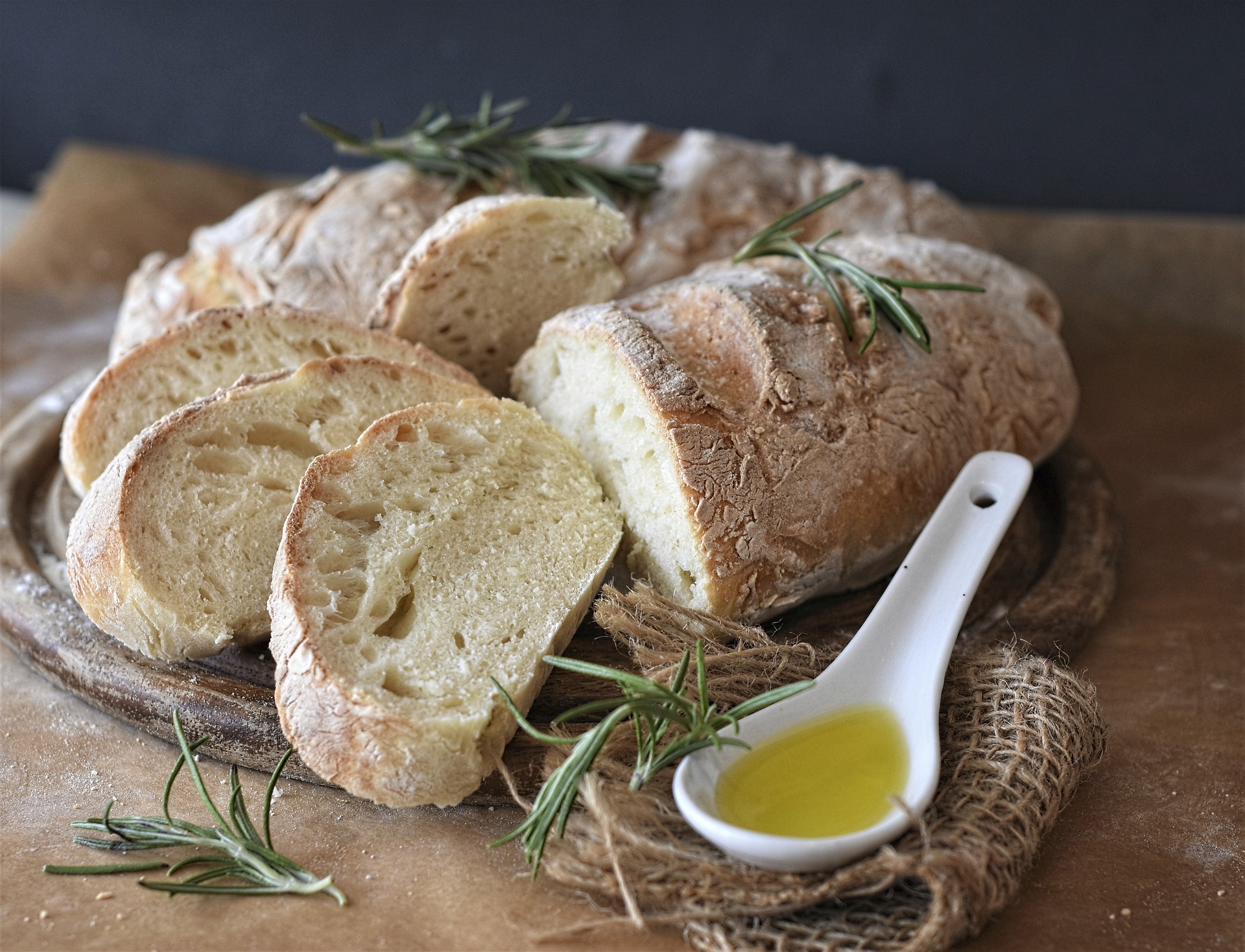
Photo credit: RitaE (Rita)
“The Blood deals with what we have done, whereas the Cross deals with what we are. The Blood disposes of our sins, while the Cross strikes at the root of our capacity for sin.”
—Watchman Nee (China/1903–1972)
AWE – FULL
Great and holy God
awe and reverence
fear and trembling
do not come easily to us
for we are not
Old Testament Jews
or Moses
or mystics
or sensitive enough.
Forgive us
for slouching into Your presence
with little expectation
and less awe
than we would eagerly give a visiting dignitary.
We need
neither Jehovah nor a buddy—
neither “the Great and Powerful Oz” nor “the man upstairs.”
Help us
to want what we need . . .
You
God
and may the altar of our hearts
tremble with delight
at
Your visitation
amen.
—Frederick Ohler (USA/Contemporary)
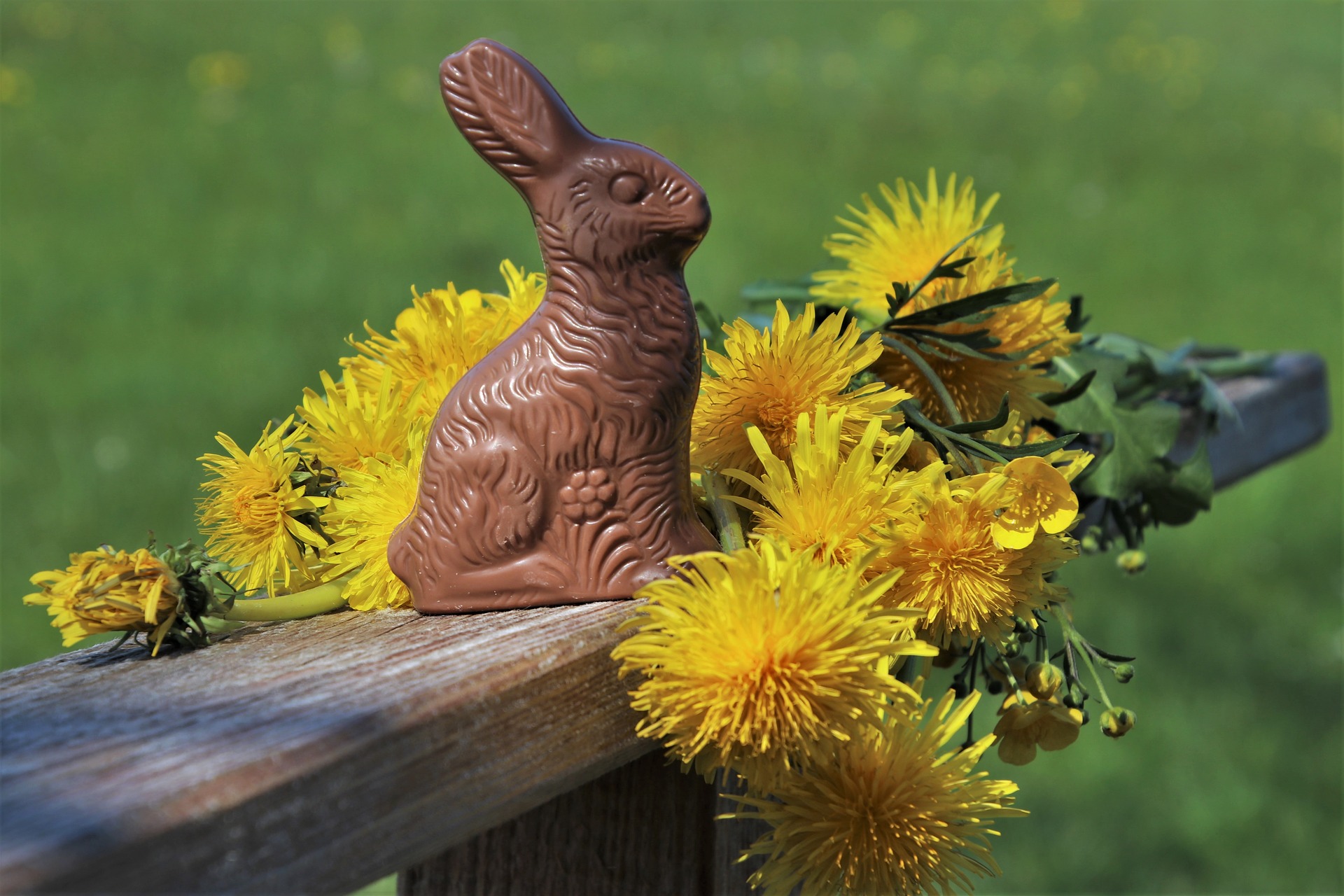
Photo credit: pasja1000 (Julita)
Hollow Sacrifice by Eileen Button
Like many Catholic children, I gave up sweets for Lent. I remember creeping downstairs on Easter morning, hoping to be greeted by a marvelous chocolate bunny. After surviving the torturous season of sacrifice, I could barely wait to nibble the cottontail’s long, delicious ears.
I would sometimes be disappointed to find a hollow chocolate cross in my basket instead. Propped in green plastic grass stood a milk chocolate version of my Savior’s object of torture. I couldn’t eat it. It felt blasphemous to do so. While it was almost impossible to endure the long, sweet-less days of Lent, the triviality of my “sacrifice” always shocked me when I was confronted by that chocolate cross on Easter morning.
The season of Lent is puzzling to many. Denying ourselves our favorite treats or habits—even for a short time—seems archaic in our
I-want-it-now culture. Lent is a plodding, definitive crescendo that leads up to the cacophonous noise of Good Friday and the gorgeous aria of Easter. It’s a season marked by deliberateness and intentionality.
But we often get in the way of our own best intentions. When fasting we might be tempted to feel a sense of pride about our sacrifice. The very thing we relinquish sometimes clamors inside us as a “need” to be met. Instead of focusing on Jesus Christ, our attention can dangerously be drawn to the very thing we’ve voluntarily surrendered.
Even so, the practice of Lent can be a valuable discipline. It’s difficult to grasp what our sense of entitlement does to our bodies and souls. Our culture worships at the feet of pleasure. As we “shovel it in,” we can become desensitized to our needs—the real hungers in our lives. Observing Lent can help us wrestle with the causes of our perpetual consumption. When we decide to relinquish what fails to truly satisfy, we come face-to-face with some tough questions. Can we believe Jesus when he says, “People do not live by bread alone, but by every word that comes from the mouth of God”? How can we make room for the Savior in our lives? Can we grasp the reality of Good Friday and live within its irony?
Lent challenges us to consider the honest answers to these and other soul-searching questions. It invites us to jump off the hamster wheel of consumption and experience the pinch of abstaining from thoughtless indulgence.
Perhaps I was offended by a hollow chocolate cross for another reason: The outside of our lives might look pretty, but we can be tragically empty. Occasionally, the reality of Jesus Christ’s sacrifice and the power of his love break through our hardened hearts. The realization causes us to gasp. The hollow parts of our souls can be filled.
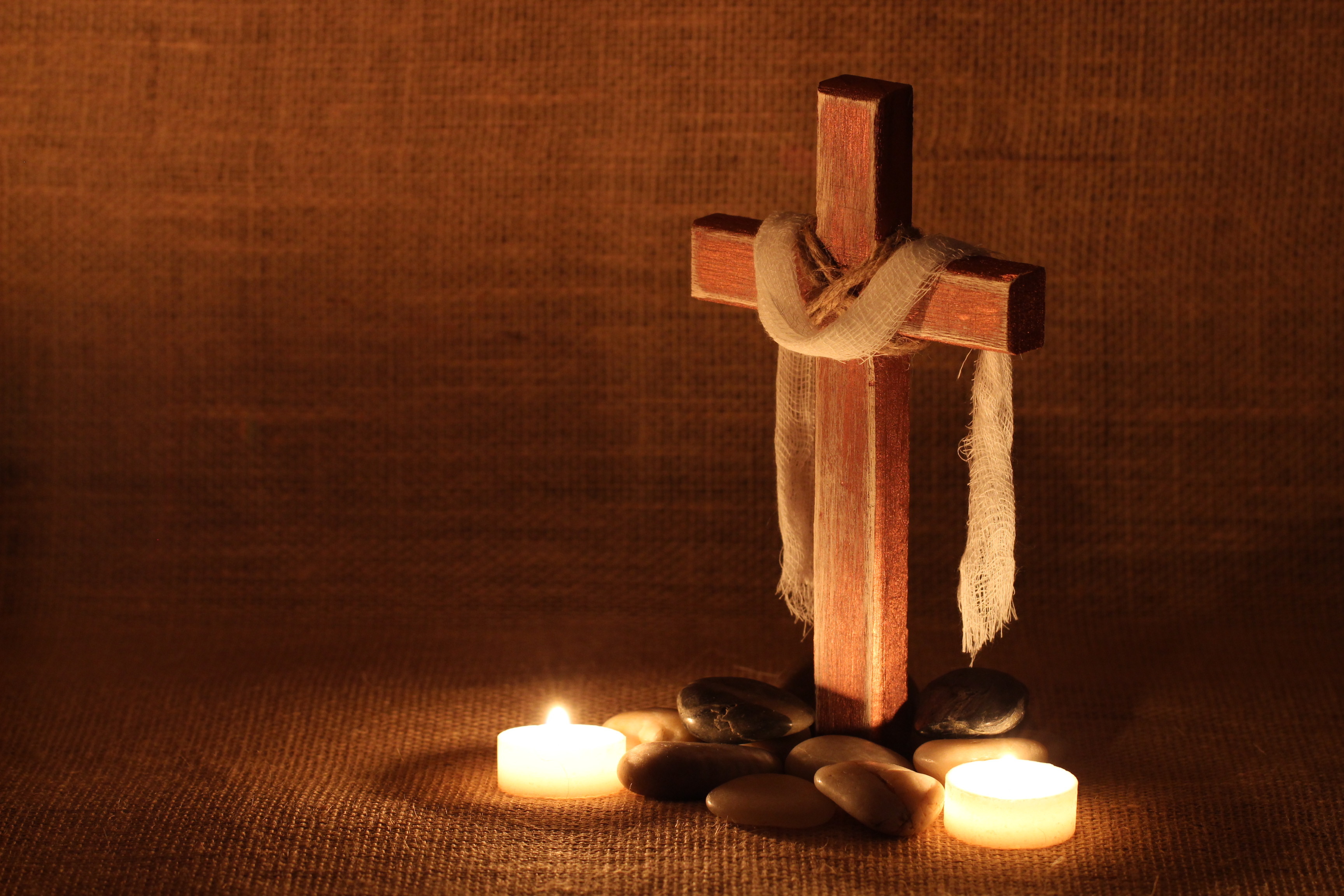
SHOW ME THE SUFFERING OF THE MOST MISERABLE
Show me the suffering of the most miserable;
So I will know my people’s plight.
Free me to pray for others;
For you are present in every person.
Help me to take responsibility for my own life;
So that I can be free at last.
Give me honesty and patience;
So that I can work with other workers.
Bring forth song and celebration;
So that the Spirit will be alive among us.
Let the Spirit flourish and grow;
So that we will never tire of the struggle.
Let us remember those who have died for justice;
For they have given us life.
Help us love even those who hate us;
So we can change the world.
Amen.
—César Chávez (USA/1927–1993)
“The sacrifice you desire is a broken spirit.
You will not reject a broken and repentant heart, O God.”
—Psalm 51:17
Featured image photo credit: lovelinegloverez (Loveline Loverez)
Holy Bible: Mosaic NLT
Encounter Christ on every continent and in every century of Christian History. A new genre of Bible—a weekly meditation Bible—Holy Bible: Mosaic is an invitation to experience Christ both in His word and in the responses of his people. Each week, as you reflect on guided Scripture readings aligned with the church seasons, you will receive a wealth of insight from historical and contemporary writings. Full-color artwork will engage the soul; quotes, hymns, prayers, and poems enhance the rich devotional experience. Also includes a Dictionary/Concordance, NLT word study system with Hebrew/ Greek dictionary. A beautiful layout of art and devotional content, and an online community and content (coming Fall 2009) will extend the experience.

